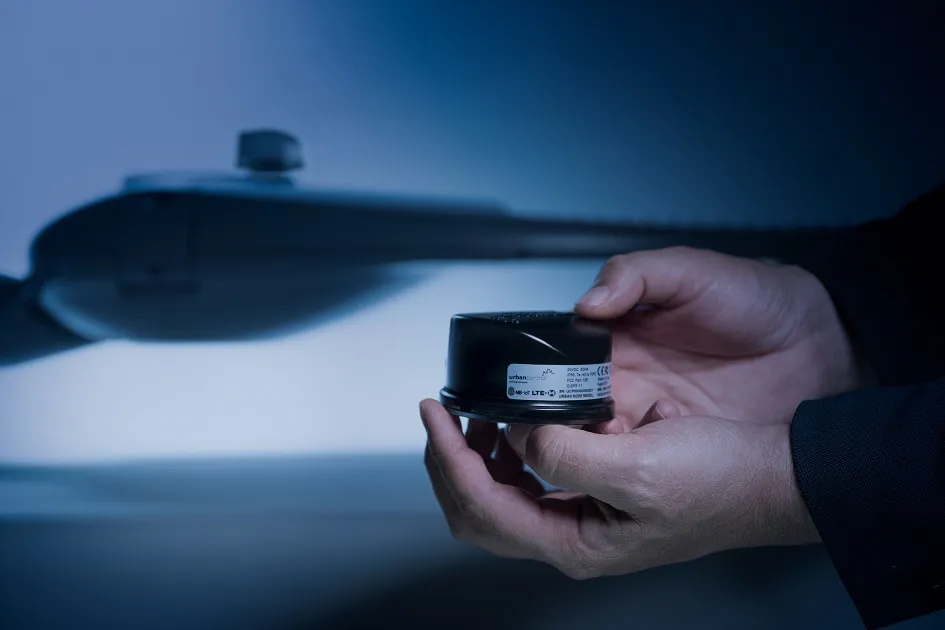Swarco Traffic has launched a range of highly reliable mini-signals for towns and cities looking to install street-level signals for bicycle lanes. The first signals are already being installed in the UK on new Cycle Superhighway routes.
The signals use a bespoke LED technology with high light output, low energy consumption and virtually no maintenance.
March 10, 2016
Read time: 1 min

RSS
The first signals are already being installed in the UK on new Cycle Superhighway routes.
The signals use a bespoke LED technology with high light output, low energy consumption and virtually no maintenance.
Manufactured in high-strength polycarbonate, the signals are available in either a vertical or horizontal mounting.
The signal heads can be supplied as standard red-amber-green or with an additional regulatory sign and can be used with modern traffic signal controllers from a number of different manufacturers.







